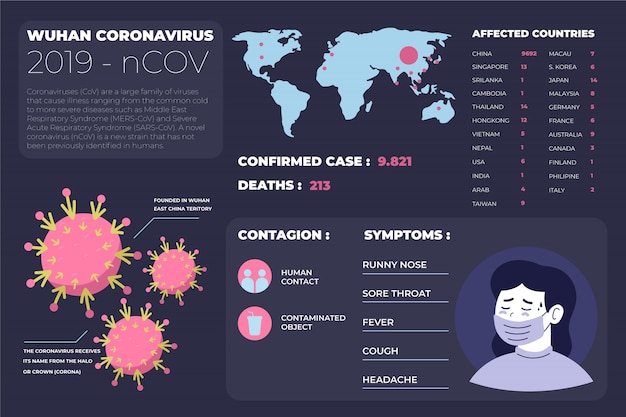For decades, the standard medical advice has been clear: adults in the United States should receive a tetanus and diphtheria (Td) booster shot every 10 years. This routine has become so ingrained that many people schedule these vaccinations without question, often during routine checkups or after minor injuries. But emerging research is now challenging this long-standing practice, suggesting that most adults who were fully vaccinated in childhood may not need these boosters at all.
A comprehensive review led by researchers at Oregon Health & Science University has reignited debate over the necessity of routine adult Td boosters. The findings, published in a peer-reviewed journal, indicate that immunity from childhood vaccinations lasts much longer than previously assumed—potentially for a lifetime. If confirmed and adopted into public health policy, this could lead to significant changes in vaccination guidelines and save the U.S. healthcare system an estimated $1 billion annually.
The study analyzed decades of immunological data, disease incidence rates, and antibody levels in adults across the U.S. Researchers found that individuals who completed the full childhood series of tetanus and diphtheria vaccines maintained protective antibody levels well into adulthood—often beyond age 50 and in many cases, for life.
Tetanus and diphtheria are serious but now extremely rare diseases in the U.S. Thanks to widespread childhood immunization, tetanus cases have dropped by over 99% since the 1940s. In recent years, there have been fewer than 30 reported cases of tetanus annually—most of which occurred in unvaccinated or incompletely vaccinated individuals. Similarly, diphtheria is now exceedingly rare, with only a handful of cases reported in the past two decades.

The current 10-year booster recommendation dates back to mid-20th century guidelines, established when vaccine formulations were less effective and disease prevalence was much higher. At the time, regular boosters were a prudent public health measure. However, modern vaccines are more potent, and population immunity is stronger.
The new research argues that the 10-year interval lacks strong scientific justification in today’s context. Instead, the data suggest that immunity persists far longer, making routine boosters unnecessary for the vast majority of adults. The risk of contracting tetanus or diphtheria for someone fully vaccinated as a child is now said to be lower than the odds of being struck by lightning.
Eliminating unnecessary booster shots could have wide-ranging benefits:

It’s important to note that this new research does not apply to everyone. Individuals with incomplete childhood vaccination records, those with certain medical conditions affecting immunity, or people sustaining high-risk injuries (such as deep, contaminated wounds) may still require booster doses. Additionally, the Tdap vaccine—which includes protection against pertussis (whooping cough)—is still recommended for specific groups, including pregnant women and those in close contact with infants.
For now, official guidelines from the Centers for Disease Control and Prevention (CDC) still recommend the 10-year Td booster. However, the study’s findings are expected to prompt a formal review of these recommendations. Public health agencies are likely to evaluate the evidence in the coming months to determine whether changes are warranted.
This research is part of a broader trend in medicine: re-evaluating long-standing practices in light of new data. Just as some cancer screening guidelines and antibiotic use protocols have been updated, vaccination schedules may also evolve to reflect current science.
While the idea of skipping a routine shot may seem surprising, it underscores a key principle in modern healthcare: more is not always better. When it comes to vaccines, ensuring long-term protection is vital—but so is avoiding unnecessary medical interventions.
As science advances, so too should our public health policies—ensuring they remain both effective and efficient for all.

Health

Health

Health

Health

Health

Health

Health

Health

Health

Health

Health

Health

Health

Fitness

Health

Health